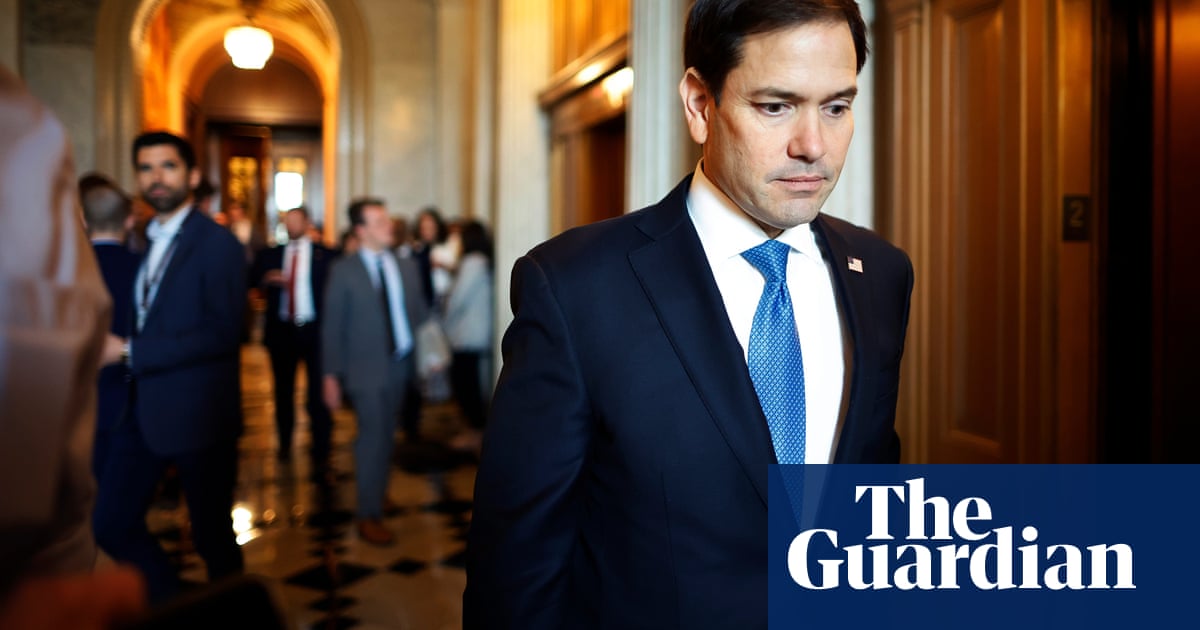Washington’s G7 allies are warming to a US plan to rush tens of billions of dollars in funding to Ukraine before Donald Trump’s potential return to the White House.
Under the plan, set to be discussed at a June summit, Kyiv would receive money upfront from a G7 loan. The loan would be backed by future profits generated from around $350bn of Russian assets which have been immobilised in the west in response to Moscow’s full-scale invasion of Ukraine.
Some G7 members have been reluctant to endorse the plan but their sentiments have shifted after a diplomatic push by the US, which is seeking to secure agreement at a summit of G7 leaders next month, according to eight western officials.
The plan would generate around $50bn to be disbursed to Ukraine as early as this summer, US officials have said. The funding would arrive at a crucial time for Kyiv as its forces struggle to hold the line amid a renewed Russian offensive following delays in delivery of western military aid.
The more reluctant G7 members have warmed to the plan as a way to ensure long-term funding for Kyiv if Joe Biden loses this year’s presidential election to Trump, who has opposed US aid to Ukraine.
It could be “done before November so, even if Trump wins, the money has already been deployed”, one person involved in the discussions said.
Officials from Italy, which holds the rotating G7 presidency, have said the summit will seek to reach consensus on how to “maximise the use of windfall profits to ensure the long-term financing of Ukraine”.
Negotiations are ongoing ahead of a meeting of G7 finance ministers and central bank governors in Italy in the coming week, when the issue will be discussed.
“I feel there is momentum and there is interest,” a senior US Treasury official said on Friday. “And what we’re involved in is trying to engage in hard, detailed economic diplomacy to make sure we can all get on the same page. And I think we’re making progress there.”
The US wants to include language in the joint G7 statement referring to leveraging the proceeds from Russians state assets — and has secured backing from Canada and the UK, the western officials said.
France, Germany, Italy and Japan have previously opposed more far-reaching US plans, such as seizing Russia’s underlying assets, fearing it could create a precedent for the seizure of state property and wreak havoc in financial markets. They have shown more openness in recent weeks to the idea of leveraging profits to generate loans for Ukraine, officials have said.
These four countries are “coming around”, one official said.
Details are yet to be agreed, however, the official added, including who would issue the debt — the US alone or G7 countries via a special purpose vehicle — who would guarantee it, and how risks and repayment would be shared in case the future profits don’t materialise.
The senior US Treasury official said any decision would be “fundamentally a political decision, one that’s going to be taken by leaders” of the G7 next month. “The goal is to have consensus coming out of the finance ministers to provide advice to leaders,” the US official said.
A different person familiar with the talks on Russian sovereign assets said the US was not driven by the timing of the election.
Separately, EU countries earlier this month agreed to use part of these profits to jointly buy weapons for Ukraine. Under that plan, Belgium’s central security depository Euroclear, where most Russian-sanctioned state assets being held in the bloc are stuck, would pay out the first tranche of profits as soon as July.
The G7 scheme faced an additional snag, according to officials in Brussels, since any plan to leverage the profits would need a fresh unanimous decision at EU level. Countries such as Hungary could potentially cause more delays.
Additional reporting from Kana Inagaki in Tokyo and Martha Muir in Washington




























